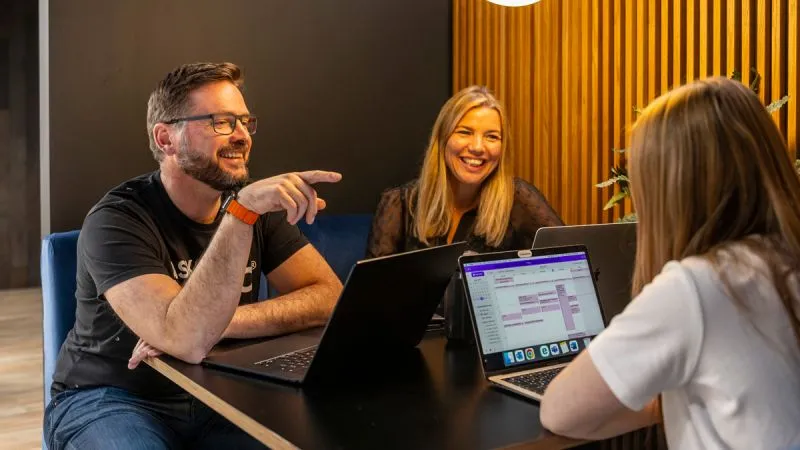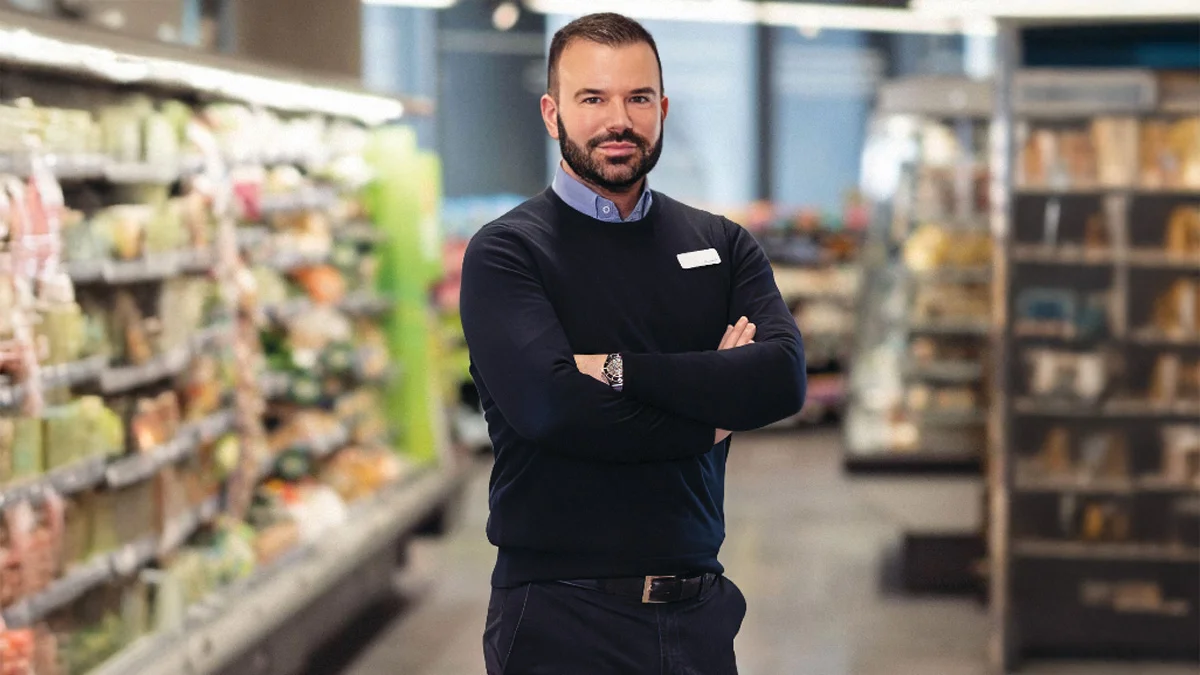Over the past year, generative AI has moved from being an experimental trend to a game-changing business tool. This shift has left many SME bosses feeling overwhelmed. Concerns about how the technology can fit into a business and maximise its potential are ever-present. And the question remains: will AI mean more hiring and reskilling, or lead to more redundancies?
If you’re unsure about an AI-driven future, you’re not alone. A recent Adecco Group survey of 2,000 business leaders found that while 61 per cent see AI as a game changer, more than half (57 per cent) doubt their leadership team’s AI skills and knowledge. Only 10 per cent of organisations have made tangible progress in digital transformation.
The hesitation surrounding AI often starts at the top. Some CEOs and CFOs are cautious about AI’s benefits or worry about losing the human touch in their services. Finding the balance between technology and human interaction is possible – and it can be preferable and profitable, too.
AI may change roles and careers, but it will also boost productivity and help people achieve more. Our research shows that 70 per cent of workers are already using generative AI, while almost two-thirds think it will positively impact their jobs. More than half (57 per cent) want their company to offer AI-focused training.
With employees ready to embrace AI, now is the perfect time to create strategies that blend technology with human talent.
Focus on soft skills and AI literacy
A key benefit of AI is that it eliminates repetitive, labour-intensive tasks, freeing up people to showcase their uniquely human capabilities. AI literacy must be improved at all levels and sharpening employees’ softer skills is equally vital.
Businesses need workers with soft skills such as creativity and problem-solving to overcome that complexity and engineer different ways to get the job done.
Build, don’t just buy
Only a third of businesses plan to train their current workforce to fill digital and tech skills gaps. Others intend to buy these capabilities from outside their organisation, an approach that can inflate salaries and exacerbate talent scarcity issues.
To promote internal mobility, align your talent strategy with the transition from a job- to a skills-based economy. This involves defining the competencies needed to progress, promoting non-linear career paths for all workers and offering ample redeployment opportunities.
Think big, start small
At Adecco, we’re exploring how AI can enhance the recruitment process while learning valuable lessons along the way.
Where it has worked for us is our use of AI-powered candidate matching, which streamlines hiring by creating curated candidate lists based on specific criteria. This allows consultants to focus more on engaging with candidates and clients, improving the recruitment experience.
Introducing AI hasn’t been without its challenges. Overwhelming our team with too many new tools at once led to fatigue and resistance. Now we take a more gradual approach while providing ample support and feedback channels.
As a multi-generational company, we’ve tailored our initiatives to accommodate different learning styles and preferences. By diversifying our pilot groups, we can understand what works across various demographics. Our plan is to integrate AI tools into everyday workflows, making adoption feel like a natural evolution.
Personally, I feel excited and curious about the possibilities AI offers for our candidates, clients and colleagues. Ultimately, a successful AI journey must be about more than embracing tech innovation. It’s about making work more meaningful, improving processes, delivering real outcomes and enhancing the human connections that are the foundation of every business.
Niki Turner-Harding is the UK and Ireland country head at Adecco.
Related and recommended
Contestants from The Apprentice reveal the fundamental business lessons they learned from taking part in the TV show
From global talent pools to AI-powered documentation, a work-from-anywhere model is a new way of thinking about productivity, innovation and teamwork
The story of how cycling brought Business Leader member John Readman together with his co-founder and investors
Stuart Machin’s hands-on leadership has revived M&S, tripling its share price and reshaping its future, by obsessing over the details, from shop floors to staff message boards





